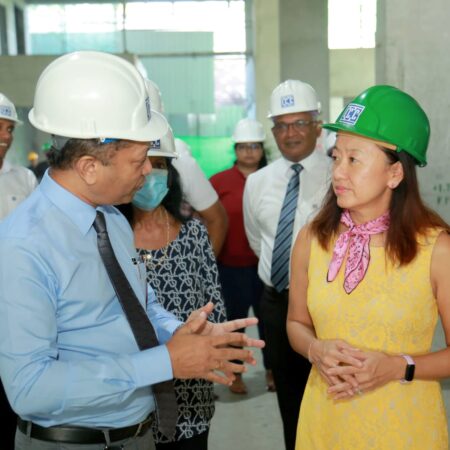The World Bank Board of Directors approved $100 million in financing to support Sri Lanka’s higher education sector. This new initiative aims to increase enrollment in priority disciplines, improve the quality of degree programs and promote research and innovation in the higher education sector, the World Bank said in a statement.
Building on experience in the higher education sector since 2003, the new Accelerating Higher Education Expansion and Development (AHEAD) operation is the first in Sri Lanka to use the World Bank Program for Results lending instrument. This instrument focuses on building institutional capabilities to drive for sustainable development results.
“Sri Lanka’s aspiration to rise to an Upper Middle Income Country status depends on how skilled and versatile its people are,” said Idah Z. Pswarayi-Riddihough, World Bank County Director for Sri Lanka and Maldives. “The higher education system must produce a pool of highly skilled scientists, engineers, doctors, entrepreneurs, policy makers, academics, and teachers, who can contribute to sustainable economic development of the country. Improving competitiveness and growth of the country is a key focus of the Sri Lankan Government and we are pleased to be supporting them in this endeavor.”
In 2014, Sri Lanka was ranked 88th of 115 countries for higher education participation. Moreover, Sri Lanka’s higher education enrollment rate of 21 percent is well below the average rate of 23 percent in Lower Middle Income Countries; and 44 percent enrollment rate in Upper Middle Income Countries. Sri Lanka particularly needs to improve student participation in disciplines of vital importance to economic development such as the sciences, technology, engineering, and mathematics (STEM).
A key focus area of the AHEAD project is to enable universities to expand modern teaching-learning and assessment methods which increase the academic quality of undergraduate degree programs, and the eventual social and economic contribution of graduates.
Courtesy of www.sundaytimes.lk






















